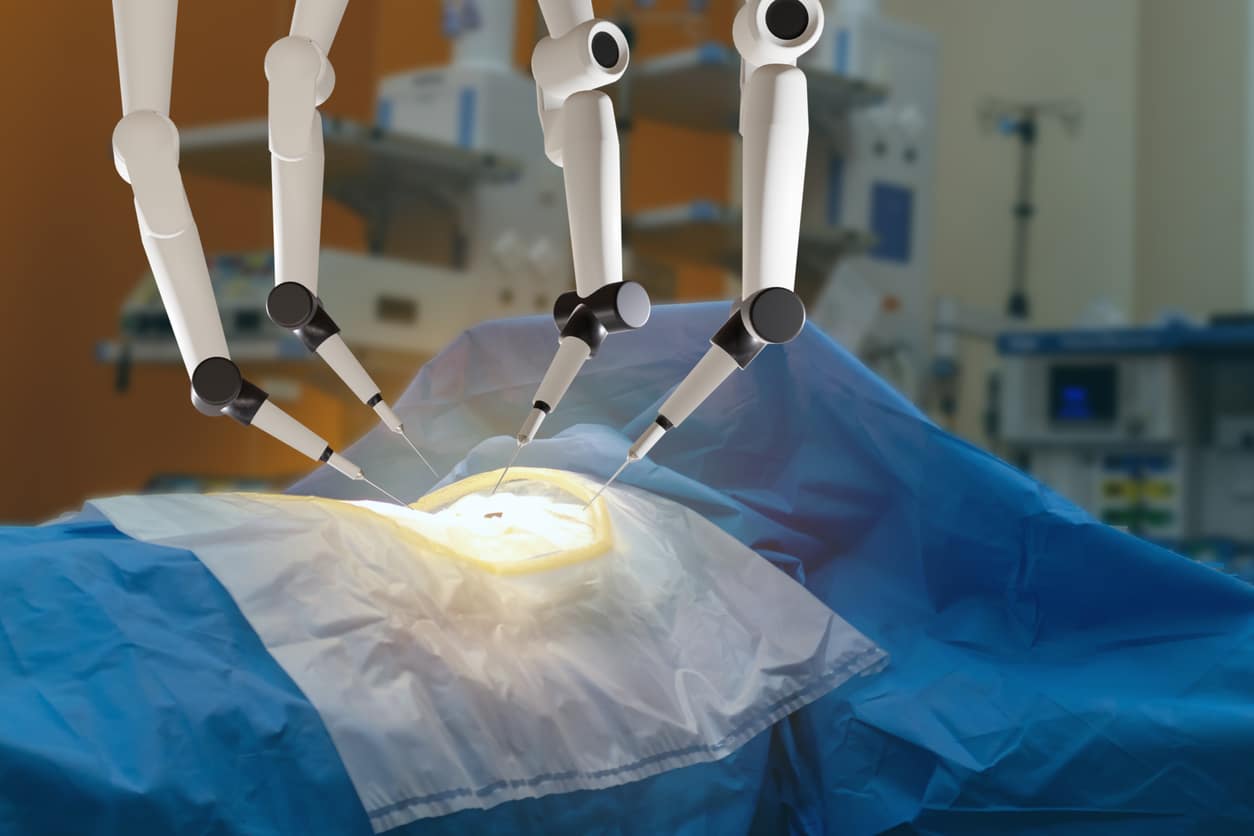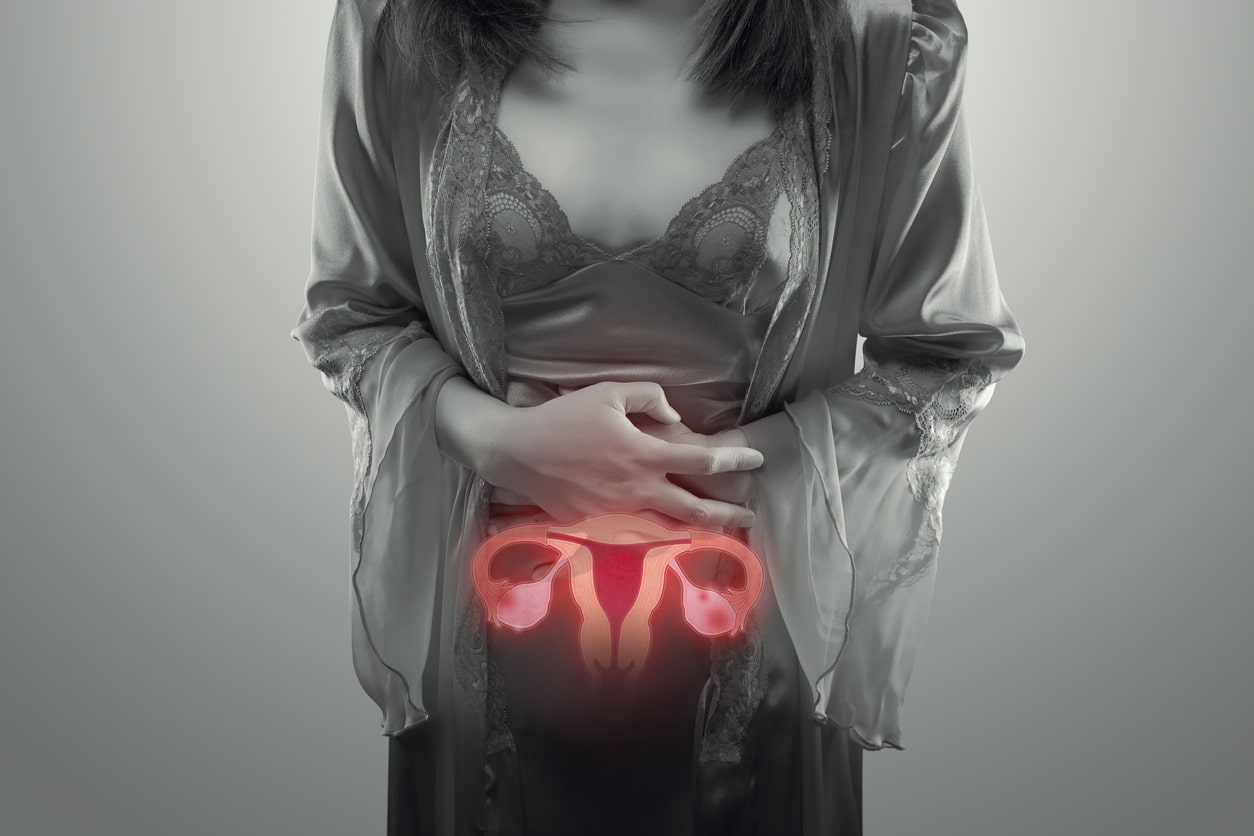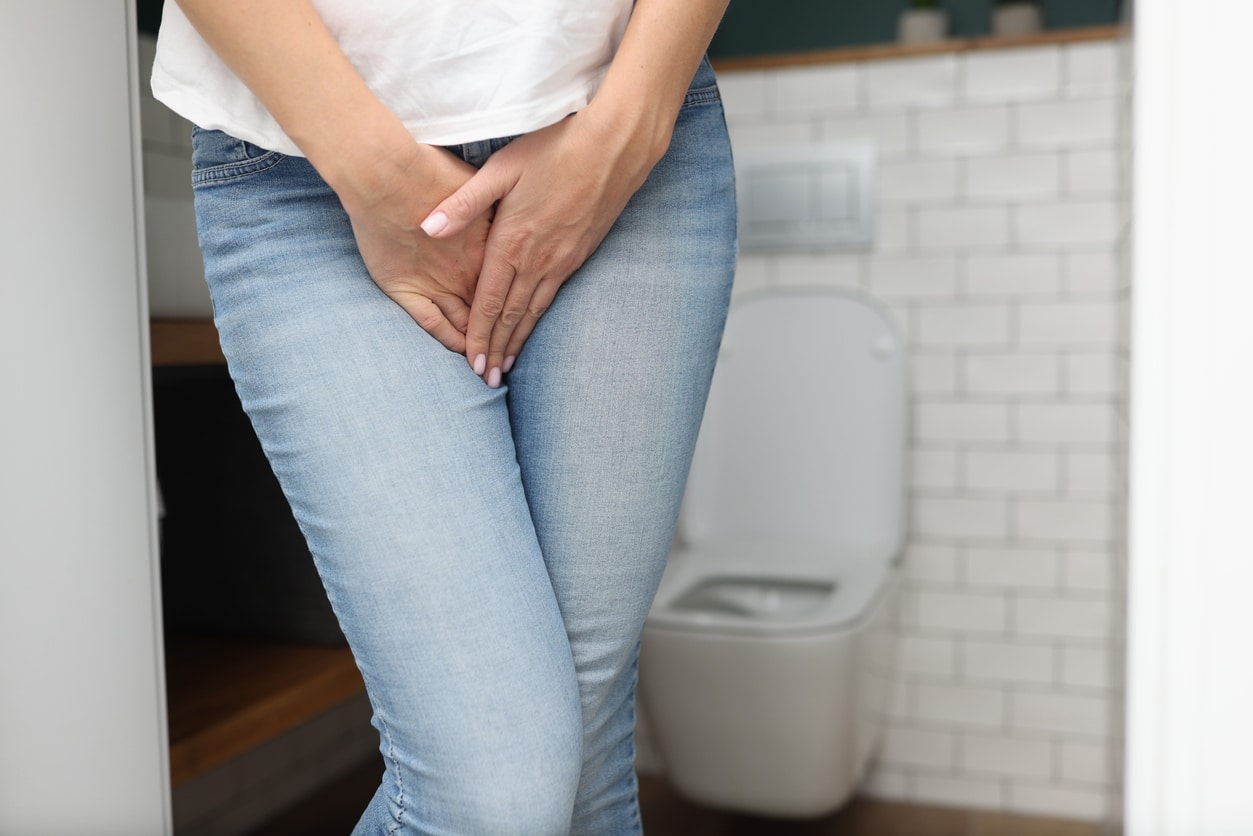An alternative to traditional surgery, a robotic hysterectomy is a cutting-edge technology utilizing the aid…

Uterine Fibroids 101: Signs, Symptoms, and Treatment Options
Uterine fibroids are a common cause of pelvic pain, and the most common type of tumor found in the uterus. Although we use the word “tumor” to describe them, uterine fibroids almost never develop into cancer. Still, despite the fact that many women never even know they have fibroids, they can cause life-disrupting pain and discomfort in others.
If you think you may have uterine fibroids, or have recently been diagnosed, this guide is for you. The specialists at Endometriosis Treatment Center of America are here to provide the basics of this common gynecological condition. Here, we’ll go over uterine fibroid types, causes, symptoms, and treatment options.
What Are Uterine Fibroids?
Uterine fibroids are smooth, muscular tumors that develop around the uterus. Most women will develop one or more fibroids in their lifetime, but for most, these fibroids don’t cause problems. You may not know you have fibroids until you receive a routine pelvic exam.
Fibroids can grow singularly or in clusters, and range in size from microscopic seedlings to large masses. In some cases, fibroids can become large enough to cause visible swelling in the abdomen.
Types of Uterine Fibroids
There are three main types of uterine fibroids. The classification of the fibroid depends on where it develops in the uterus.
- Intramural fibroids develop within the muscular wall of the uterus.
- Subserosal fibroids develop on the outside of your uterus (serosa).
- Submucosal fibroids develop in the middle muscle layer of your uterus (myometrium).
What Causes Uterine Fibroids?
It still isn’t clear exactly what causes uterine fibroids, though we know several factors that lead to their development. These factors include:
- Hormones: estrogen and progesterone, which occur naturally and in larger amounts before menopause, appear to promote fibroid growth.
- Genetic mutations: fibroids may contain gene changes that make them different than typical muscle cells found in the uterus.
- Family history: if other female members of your family have fibroids, you may develop them as well.
- Lifestyle: some known risk factors include vitamin D deficiency, alcohol consumption, obesity, and a diet heavy in red meat.
Pregnancy can also play a role in fibroid development, as estrogen and progesterone levels increase when you are pregnant. Many of these fibroids will shrink or disappear when the uterus returns to normal size.
Signs and Symptoms of Uterine Fibroids
Many women with fibroids don’t experience any problems; however, sometimes they can cause symptoms similar to endometriosis. These symptoms may include:
- Heavy menstrual bleeding
- Overly painful or prolonged periods (lasting more than a week)
- Cramps, backache, or leg pains
- Bloating and/or constipation
- Painful intercourse
- Pelvic pain or pressure that doesn’t go away
In some cases, uterine fibroids can cause issues with infertility. If you’re having trouble getting pregnant, request an appointment with the Endometriosis Treatment Center of America. We will help you determine if uterine fibroids could be the cause.
Uterine Fibroid Treatment
We can use a few methods to treat fibroids. Treatment will depend on the size, number, and type of fibroids developed. If this condition is affecting your daily life, your doctor may recommend a robotic excision of uterine fibroids.
Also known as myomectomy, robotic excision is a minimally invasive method of removing uterine fibroids. This procedure may have a lower risk of complications than other surgical methods, and it involves a shorter recovery time. It also allows your provider to remove fibroids that are otherwise difficult to reach.
Other treatment options include watchful waiting, hormonal contraceptives like birth control pills or intrauterine devices (IUDs), and other medications that regulate your menstrual cycle.
How to Diagnose Uterine Fibroids
The best way to diagnose the cause of your pelvic pain is to see your healthcare provider. At the Endometriosis Treatment Center of America, our expert team of compassionate doctors will provide an accurate diagnosis and comprehensive care plan. We won’t stop until we understand the cause of your symptoms.
When it comes to pelvic pain, you are not alone! To get started on your journey to pain relief, call us today! For our Lake Orion location, call (248) 609-6040. For our Birmingham location, call (248) 731-2155.
Endometriosis Treatment Center of America: Helping Women in Michigan and Beyond
At the Endometriosis Treatment Center of America, we are committed to providing comprehensive care for all. Our expert team is here to provide the highest level of care from our state-of-the-art facilities in Lake Orion and Birmingham, MI. Whether you reside in Michigan or out of state, you don’t have to live in pain—request an appointment today!



